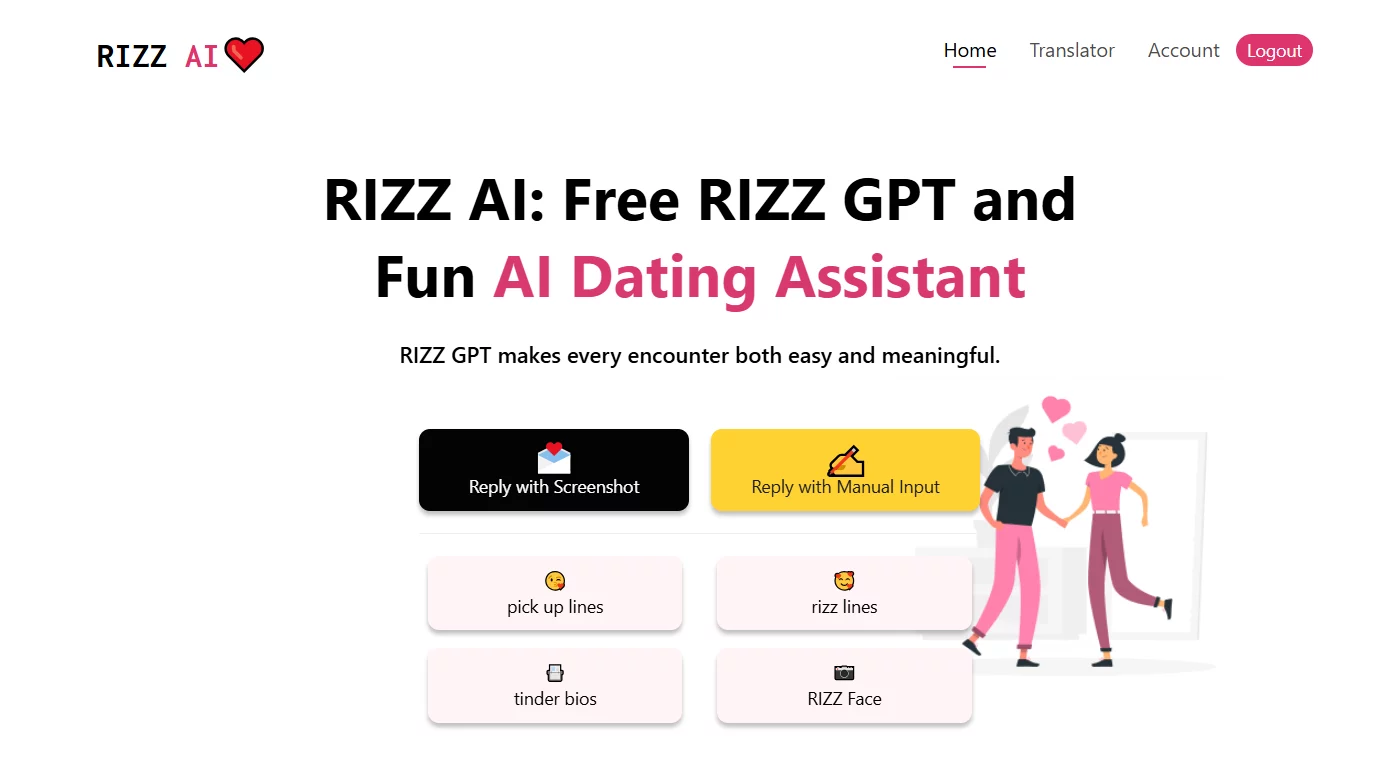Many technology companies face the challenge of transmitting high-bandwidth, multi-modal data in real-time without interruptions—such as delivering audio and video simultaneously. Some firms opt to develop their own solutions, but these systems typically require extensive maintenance and management.
To alleviate this burden, Russ d’Sa and David Zhao created LiveKit, an open-source software package designed to build applications capable of streaming live audio and video. They launched the project in 2021 and soon realized its commercial potential.
This intuition proved correct. According to d’Sa, LiveKit now boasts "over 500 paying customers and more than 100,000 developers using its cloud platform and open-source offerings." He also noted that it serves as "the backbone for approximately 25% of 911 emergency calls in the U.S.," and is "utilized by major aerospace companies for launch and flight monitoring, Skydio for police drone remote operations, and teams at Oracle and Adobe for various government applications."
It all began when "large companies like Spotify, Oracle, and Reddit started experimenting with LiveKit and requested a cloud-hosted version," d’Sa told TechCrunch. "Think of it as Cloudflare, but for media streaming." As a result, d’Sa, an early engineer at Twitter, and Zhao, a former engineering director at Motorola, decided to transform LiveKit into a startup and introduced a managed version of the project: LiveKit Cloud.
Today, LiveKit supports OpenAI’s ChatGPT voice mode, providing SDKs, tools, and APIs that enable developers and companies to create video and audio streaming experiences. The startup's clients include tech giants like Spotify, Meta, and Microsoft, as well as Character AI, Speak, and Fanatics.
The San Jose, California-based company is currently focused on expanding its engineering and product teams—it employs about 50 people—and enhancing its core infrastructure. LiveKit is also developing what d’Sa refers to as an "elastic agent computing service," which allows for deploying and automatically scaling or reducing voice "agents" such as chatbots.
"It turns out that what LiveKit has ultimately built is an 'AIWS'—an AI-native cloud provider," d’Sa said. "What Stripe did for payments, LiveKit is doing for communication."
Meanwhile, LiveKit’s financial health is robust, according to d’Sa. Last year, the company achieved a run rate exceeding $10 million. Recently, LiveKit raised $45 million in a Series B round led by Altimeter, with participation from Redpoint Ventures and Hanabi Capital.








